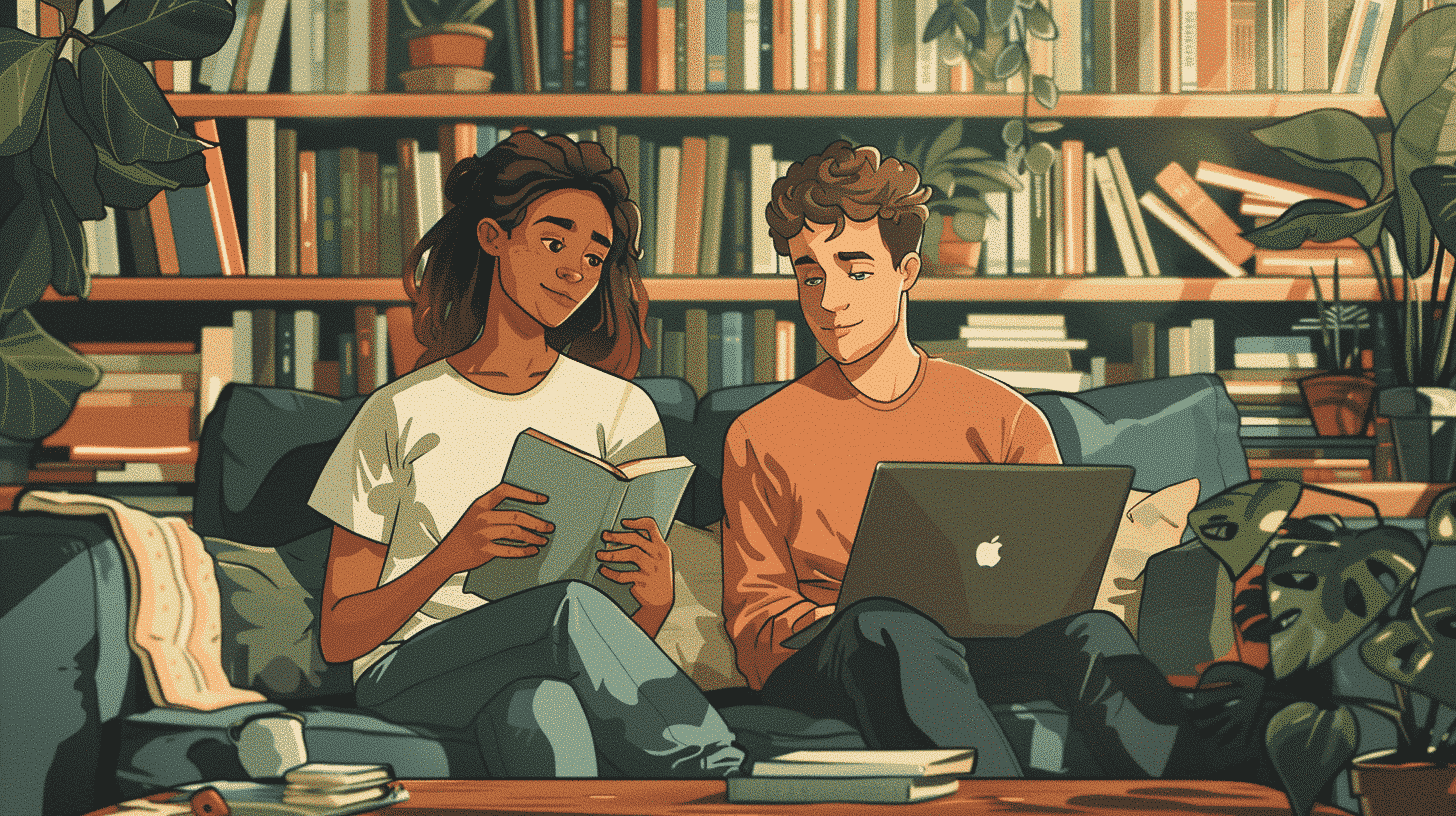Bebê – Baby (pronounced be-BEH)
This is the general term used for a baby or infant.
Olha que lindo aquele bebê no carrinho! (Look at that cute baby in the stroller!)
Fralda – Diaper (pronounced FRAHL-dah)
This word is essential for parents or anyone taking care of a baby.
Você trouxe fraldas extras para o bebê? (Did you bring extra diapers for the baby?)
Mamadeira – Baby bottle (pronounced mah-mah-DAY-rah)
It’s what babies usually drink from when they are not breastfeeding.
É hora de fazer a mamadeira do bebê. (It’s time to make the baby’s bottle.)
Chupeta – Pacifier (pronounced shoo-PEH-tah)
Many babies soothe themselves by sucking on a pacifier.
Ela só dorme se tiver a chupeta. (She only sleeps if she has the pacifier.)
Berço – Crib (pronounced BEHR-soo)
This is where babies usually sleep.
O berço está montado e pronto para o bebê. (The crib is assembled and ready for the baby.)
Carrinho de bebê – Stroller (pronounced cah-REE-nyo deh be-BEH)
A stroller is a key item for transporting a baby.
Não esqueça de trazer o carrinho de bebê para o passeio. (Don’t forget to bring the baby stroller for the walk.)
Brinquedo – Toy (pronounced brin-KWAY-doh)
Toys are an essential part of a child’s development and entertainment.
Ela tem muitos brinquedos espalhados pelo quarto. (She has many toys scattered around her room.)
Criança – Child (pronounced cree-AN-sah)
A term used for a child, typically from toddler age up until early teens.
Há muitas crianças brincando no parque hoje. (There are a lot of children playing in the park today.)
Babá – Babysitter/Nanny (pronounced bah-BAH)
Someone hired to take care of a child in the absence of the parents.
Eles vão sair esta noite e a babá vai cuidar das crianças. (They are going out tonight and the babysitter will take care of the children.)
Escola – School (pronounced es-KOH-lah)
This is the place where children go to learn and socialize.
As crianças vão para a escola todas as manhãs. (The children go to school every morning.)
Desenho animado – Cartoon (pronounced deh-SEHN-yo ah-nee-MAH-doh)
A favorite form of entertainment for many children.
No sábado de manhã, as crianças adoram assistir desenhos animados. (On Saturday mornings, children love to watch cartoons.)
Conto de fadas – Fairy tale (pronounced KON-toh deh FAH-dash)
These stories often involve magical creatures and happy endings.
Antes de dormir, leio um conto de fadas para eles. (Before sleeping, I read them a fairy tale.)
Memorizing these Portuguese words related to kids and babies will not only help in practical situations but also enhance your language skills, making conversations with Portuguese-speaking friends, family, or strangers much easier. Learning these words can also be a starting point for further exploration into the enchanting world of Portuguese vocabulary. Boa sorte! (Good luck!)










